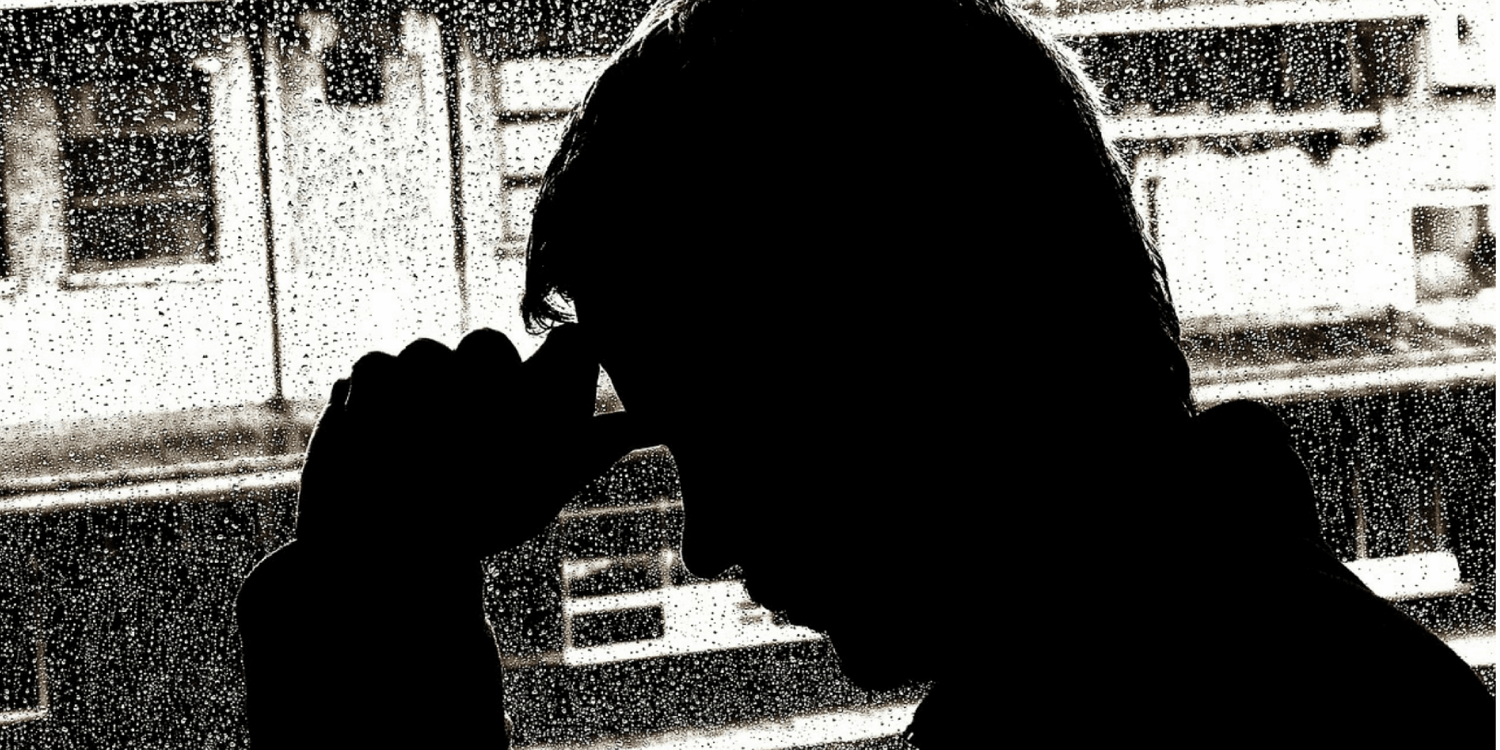
Imagine that you walk into your local bank, approach a teller and ask to withdraw some happiness. You have been saving and it’s time to take out some joy. The truth is the financial industry has a plan for everything: a plan to save, a plan to finance your education, and a plan to own a new home. But they don’t have a plan to get out of depression. All too often, debt and depression go together. Sometimes, people can’t get out of debt because they are depressed. By understanding how depression works and taking some simple steps, you can escape the dual trap of debt and depression.
According to a psychologist at the Centre for Addiction and Mental Health, the link between depression and financial stress is becoming more and more noticeable. Professionals in the credit counselling industry often deal with people who feel depressed and even suicidal. There are many factors that lead to feelings of depression for people in debt:
- When you have severe debt you are not likely to talk about it. You might feel shame, guilt, anger and helplessness. It becomes your shameful secret and this leads to depression and isolation.
- You may experience feelings of failure if you see your spouse/children affected by poverty and debt.
- You may be experiencing harassing phone calls or letters from creditors threatening action against you which can lead to fear and shame that you have done something wrong.
- You may have failed at repeated attempts to get out of debt, just to have some unexpected bill arrive which takes you deeper in debt. This can lead to discouragement and more depression.
It is important to realize that depression is a disease that changes how you think. Imagine wearing dark coloured glasses everywhere you go. Depression robs you of your ability to see opportunities, to implement a long term debt strategy and to hope for a better future. Depression can be sneaky and can be very hard to manage. However, there are some simple remedies that can make a big difference.
- Talk about your debt with someone you trust. A credit counsellor can help you understand that you are not alone and that there is hope.
- Avoid binge spending when you get your cheque. Develop a budget and stick with it.
- Plan for your bills even when you can’t pay them. Keeping track of expenses can protect you from nasty surprises.
- Take steps necessary to stop mood swings. That means getting regular sleep, eating regularly, if possible wholesome foods, avoiding binges of caffeine, cigarettes and alcohol, and getting regular exercise
- Develop a plan to get out of debt.
- Learn to recognize thinking patterns that fuel your depression. Label the thoughts and feelings you are experiencing. Identify thoughts that just make things worse.
- See a doctor. Clinical depression can linger no matter how much you try to prevent it and can be present even when you don’t have debt. Don’t hesitate to see your doctor or a mental health professional if the depression gets worse.
The financial industry has forgotten that we are more than figures on a spreadsheet. When the numbers look bad and the debt piles up, people get depressed. There is hope for people who are depressed. Have you experienced debt and depression? Leave a comment how you are dealing with the dual trap of debt and depression.
Frequently Asked Questions
Have a question? We are here to help.
What is a Debt Consolidation Program?
A Debt Consolidation Program (DCP) is an arrangement made between your creditors and a non-profit credit counselling agency. Working with a reputable, non-profit credit counselling agency means a certified Credit Counsellor will negotiate with your creditors on your behalf to drop the interest on your unsecured debts, while also rounding up all your unsecured debts into a single, lower monthly payment. In Canada’s provinces, such as Ontario, these debt payment programs lead to faster debt relief!
Can I enter a Debt Consolidation Program with bad credit?
Yes, you can sign up for a DCP even if you have bad credit. Your credit score will not impact your ability to get debt help through a DCP. Bad credit can, however, impact your ability to get a debt consolidation loan.
Do I have to give up my credit cards in a Debt Consolidation Program?
Will Debt Consolidation hurt my credit score?
Most people entering a DCP already have a low credit score. While a DCP could lower your credit score at first, in the long run, if you keep up with the program and make your monthly payments on time as agreed, your credit score will eventually improve.
Can you get out of a Debt Consolidation Program?
Anyone who signs up for a DCP must sign an agreement; however, it's completely voluntary and any time a client wants to leave the Program they can. Once a client has left the Program, they will have to deal with their creditors and collectors directly, and if their Counsellor negotiated interest relief and lower monthly payments, in most cases, these would no longer be an option for the client.







